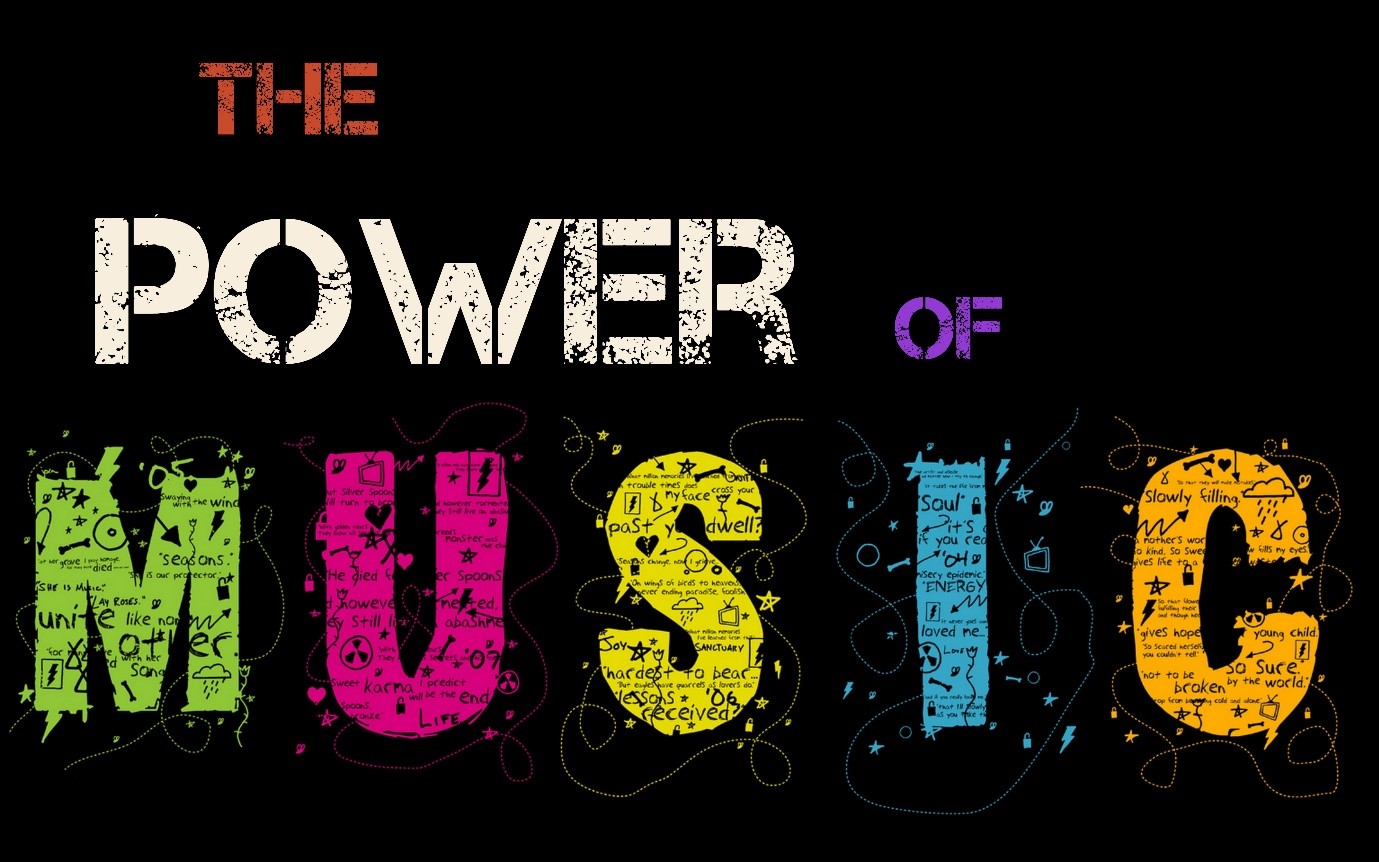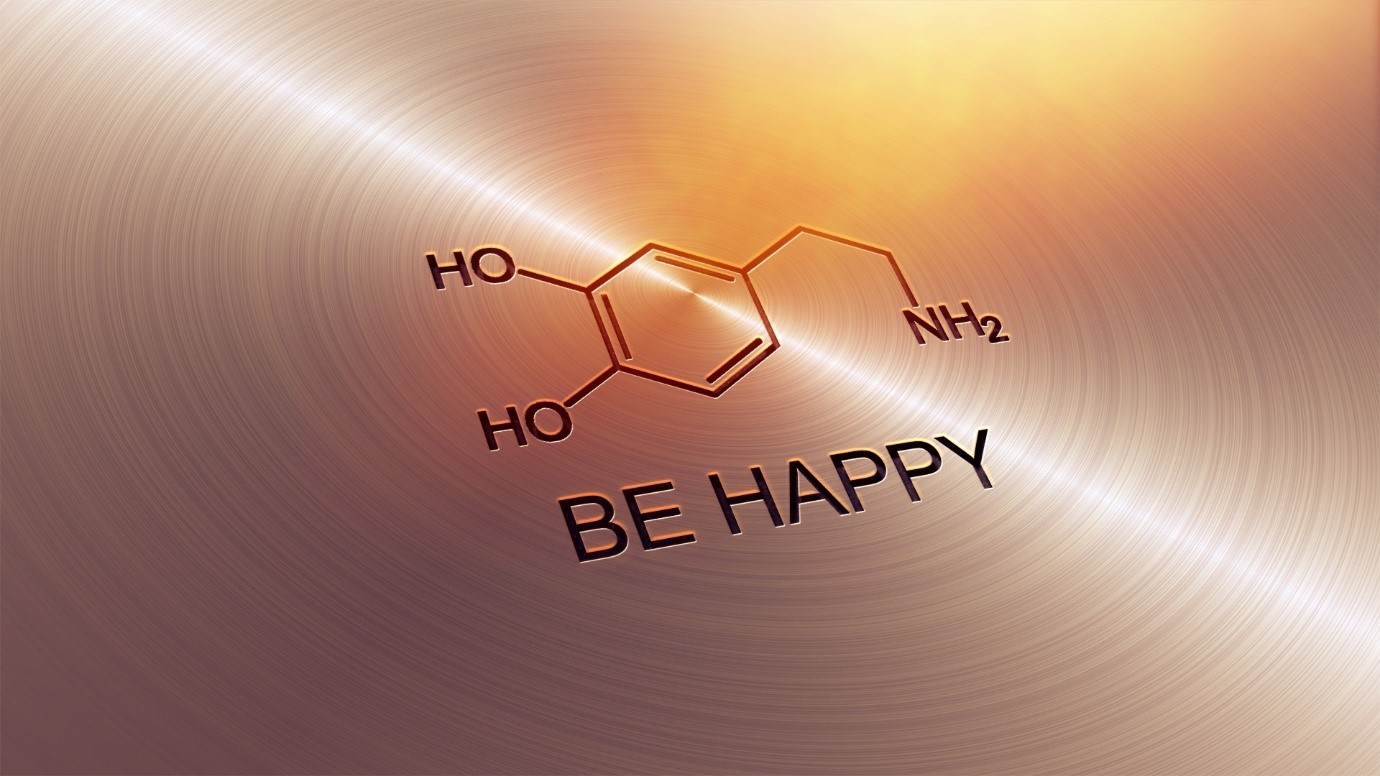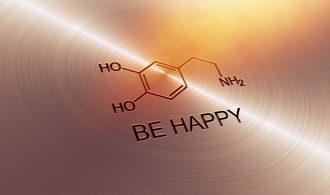Music makes us feel good, there is no doubt about it. In the same way people enjoy gambling, drugs, and gourmet food, all about dopamine. When you hear a song that you like, it moves you and your brain responds by releasing dopamine, a feeling-good chemical. These are chemicals that are involved in addiction and motivation. Even anticipating hearing your favourite voice is enough to make dopamine flow.
This fairly recent discovery of the relationship between dopamine and music explains why music has been a big part of our existence since the beginning of time.
Neuroscientists believe that the act of following the tone and anticipating what will happen next, whether you are right or wrong is what keeps us connected, gives a small cognitive nuance that gives extraordinary pleasure. The many pleasures we get from music explain why it is displayed in every culture. This is also why retail stores use music to influence the behaviour of their customers. For suitable Music for business for your industry, visit https://moodmedia.co.uk/sound-solutions

One study has even linked the pleasure experienced by listening to music with physiological spikes in emotional stimuli that include changes in heart rate, increased pulse and respiratory rate. People can also experience feelings similar to shivering or goosebumps. Scientific studies have noted that when people experience this feeling, blood actually flows into the area of the brain that releases dopamine.
To ensure that these reactions actually occur, scientists took some music lovers and injected them with mild radioactive fluids that bind to the receptors of dopamine. Utilising a PET scanner, they can see if the substance moves through the blood which will show that dopamine has been released when the music is heard. But if the dopamine receptor is free, radioactive substances will stick to it.
For the first time, this experiment that the brain released significant quantities of dopamine on hearing music that gave them a feeling of ‘coldness’. When participants listen to music that does not move them, the dopamine receptor does not react.
After the researchers knew for certain that dopamine was behind music pleasure, they placed participants in the fMRI machine and played moving music for them again. In this part of the experiment, the scanner shows that the brain pumps dopamine both during the music anticipation phase and at the time when shivering attacks at full strength. Two waves occur in various areas of the brain.
It’s incredible that we can release dopamine to anticipate something that is only abstract, not easily defined and not concrete. This is the first study to show that dopamine can be released in response to aesthetic stimuli.

Dopamine is a changeable pleasure-inducing substance that creates an urge in animals to find food before they are hungry. That’s what makes it impossible for some people to go past the bakery in that neighbourhood without entering to buy delicious cakes and pastries.

